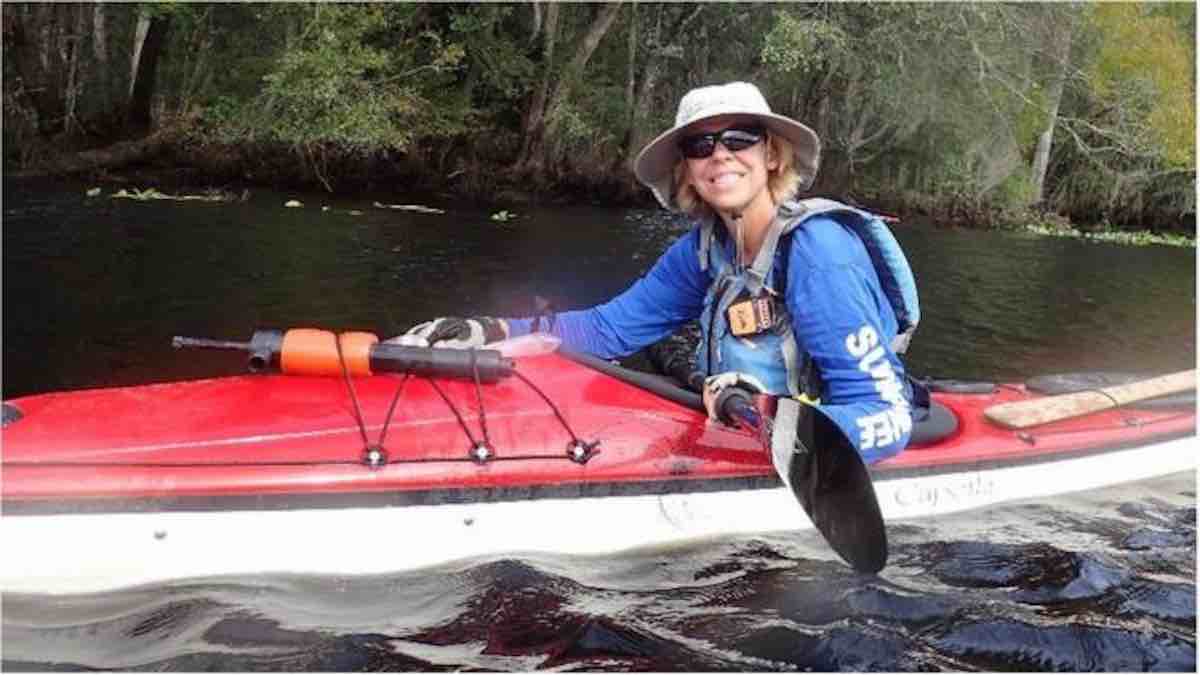For the first time in world history, a woman with advanced stage breast cancer was “cured” thanks to an experimental new therapy.
Judy Perkins, a 52-year-old engineer and mother-of-two from Florida, was given three months to life after several rounds of chemotherapy failed to keep the cancer from spreading to the rest of her body.
“My condition deteriorated a lot towards the end, and I had a tumor pressing on a nerve, which meant I spent my time trying not to move at all to avoid pain shooting down my arm,” Perkins told The Guardian. “I had given up fighting.”
She was then enrolled at the US National Cancer Institute for a new kind of immunotherapy. The treatment used a process called adoptive cell transfer to remove one of the tumors from Perkins’s body and locate all the friendly T cells that were still able to recognize harmful cancer cells.
RELATED: Cancer ‘Vaccine’ Eliminates 97% of Tumors With Amazing Success – Human Trials Next
Once the T cells were identified, they were extracted and multiplied until the scientists had an army of 90 billion cancer-fighting cells which they were then able to inject back into Perkins.
Within weeks, Perkins literally felt her tumors shrinking; she even celebrated by going on a 40-mile hike – and now, two years after the treatment, she is still cancer-free.
“I was very skeptical about whether this treatment would work because I knew the odds were not really great. But within two weeks I could feel the tumors in my chest wall shrinking and I started to feel better,” Perkins told The Telegraph. “It feels miraculous and I am beyond amazed that I have now been free of cancer for two years.
MORE: FDA Approves First Ever Drug Designed Exclusively to Prevent Migraines
“Experts may call it extended remission but I call it a cure,” she added.
The researchers in Maryland are currently working on launching full-scale clinical trails for the immunotherapy treatment to be used in other kinds of advanced cancer cases, including prostate and ovarian. Though they caution that the procedure has only been tested – and proved successful – in one woman, they say that it could be the start of a revolution in life-saving cancer treatments.
Cancer researchers elsewhere are experiencing equally impressive results with a variety of immunotherapy and gene-targeting techniques—which don’t have the negative side-effects of traditional treatments. One drug, larotrectinib, was so successful at targeting a fused gene found in a variety of cancer types, it received FDA breakthrough status after proving effective in 93% of pediatric patients in early testing.
The research findings of Perkins’ case were published in Nature Medicine.
Share The Exciting News With Your Friends – Photo by Judy Perkins





















Excellent job! May God give all you researchers wisdom and insight to cure ALL cancers from this planet!! Good job, and keep after it:)